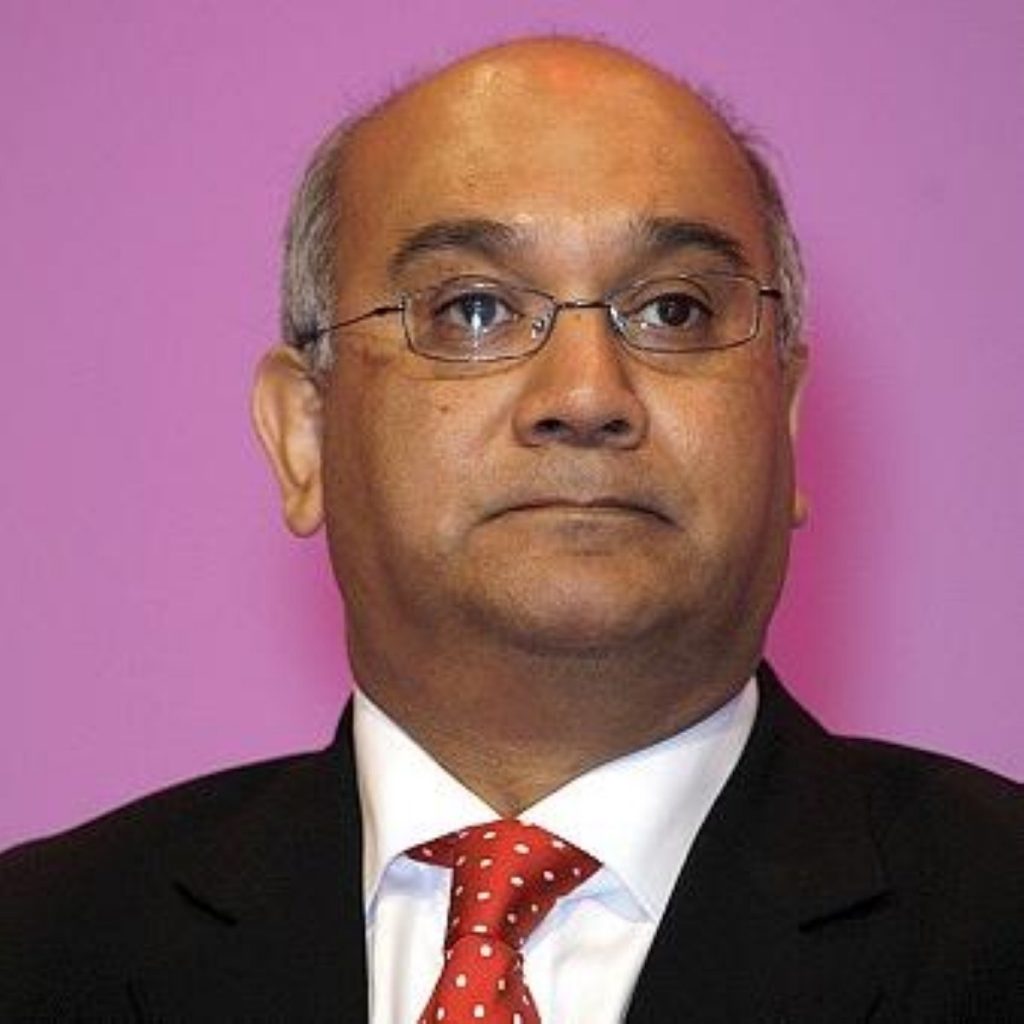Sketch: The DNA database session
MPs grill witnesses on the DNA database, but the police appear to have been over-briefed.
By Ian Dunt
When I was a child, I was always entranced by the way boxers embraced after a fight. More recently, my cousin introduced me to the aptly named Ultimate Fighting Championship, in which I noticed this had been replaced by a friendly headbutt.
Things in parliament are somewhat different, and when Liberty’s Isabella Sarkey and Hackney MP Diane Abbott walked past representatives from the Association of Chief Police Officers (Acpo) on their way out of a home affairs committee hearing on the DNA database, they satisfied themselves with a hesitant smile and a nod.


Yes, obviously they’re at war, but there are similarities between their positions. Both camps want someone to sort out the decision-making process for when innocent people’s DNA is deleted from the database. And neither camp wants everyone’s DNA put on it either. Sarkey, one of those infuriating people with both brains and beauty, described the very idea as an “invasion of privacy on a scale we’ve never seen”, while chief constable Chris Sims, Acpo’s lead on the issue, professed to be “acutely conscious of the political issues around the database”.
And there the similarities end, because both sides come from fundamentally different perspectives. The police are interested in stopping crime, and Liberty is interested in protecting people’s rights. Both claim to be fully committed to the other’s brief, of course. One presumes the police aren’t fascists – not all of them anyway – and Liberty isn’t entirely immune to the pain crime causes. But we have a fundamental conflict between crime prevention and privacy. These two are going to butt heads, and not in a friendly way.
It occurred to Abbott, many of whose constituents are the young black men who disproportionately make up the database, that she might try a different tactic and suggest the DNA database did not reduce crime. In fact, by creating a wall of suspicion between her constituents and the police, it exasperated it.
David Winnick was unkind enough to remind her of the Ipswich prostitute murders, where killer Steve Wright’s DNA was found on one of his victim because of a previous arrest for a more minor offence. Statistically, the database does not help, Abbott insisted. “It helped in the case of Wright though, didn’t it?” Winnick insisted.
But Abbott’s points on statistics seemed to be vindicated when Acpo crept up to the witness chair. There are 4.9 million crimes in the UK every year, Sims informed MPs, 33,000 of which are solved solely or largely because of the database. Keith Vaz, chairman, desperately tried to figure out the percentage. An official found a calculator. It turns out just 0.67 per cent of crimes are solved by the database. Acpo didn’t like the way that sounded, and the witnesses desperately insisted the figure gave no proper indication of the usefulness of the database. Most crimes are relatively minor offences between people who know each other, Sims and his colleague informed MPs. But DNA evidence is most relevant in more serious crimes, where the people are unknown to each other.
Sims, it should be mentioned, was fully briefed to the point of conspiracy. At one point, he responded to an inquiry by asking if the committee had decided to fast forward to one of the later questions. Vaz looked at him quizzically. “Have you had a list of the questions?” he asked. Sims instantly took on the manner of a young child. “Is that wrong?”
“It’s certainly unusual,” Vaz told him. “Who sent them to you?” There was no real answer to that one. The police, like everyone else, enjoy their privacy.









